Graham Reid | | 3 min read
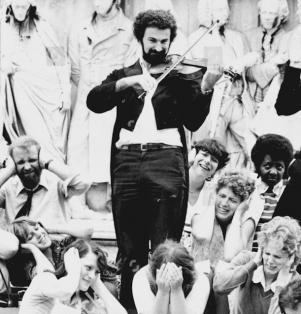
In the liner notes to this hilariously unlistenable and sometimes punishingly painful album, the producer Brian Eno notes that “it is important to stress the main characteristic of the orchestra, that all the members of the Sinfonia share the desire to play the pieces as accurately as possible”.
Well, they might try.
But they can't . . . and in fact their renditions of In the Hall of the Mountain King, Dance of the Sugar Plum Fairy, Beethoven's Fifth, the William Tell Overture and other well known classical pieces could never even have nodding acquaintance with an accurate rendition of the scores.
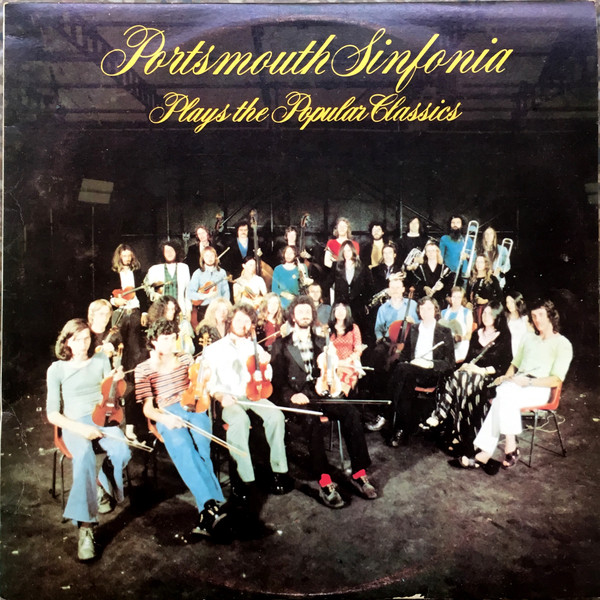 The Portsmouth Sinfonia famously consisted of a collective of people – Eno says “a membership of about 50, the number fluctuates” – most of whom were playing instruments for the first time, or some are musicians playing instruments they are unfamiliar with.
The Portsmouth Sinfonia famously consisted of a collective of people – Eno says “a membership of about 50, the number fluctuates” – most of whom were playing instruments for the first time, or some are musicians playing instruments they are unfamiliar with.
But by playing well-known classical pieces – side two opens with a laugh aloud rendition of Also Sprach Zarathustra – at least the players had an idea of how the music should sound.
But of course the pleasure for them was in the playing and the sense of camaraderie and personal accomplishment.
As founder member Robert Mortimer said, “In every respect the Sinfonia plays to the same rules as the London Philharmonic, the only difference is the sound. The freshness and excitement is in its simplicity and its concerts prove to be high entertainment”.
Indeed, this debut album was so successful – however you might choose to define the term – that the Sinfonia was invited to perform at the Royal Albert Hall.
And thousands turned up to be amused, aurally assaulted, charmed or terrified by the joyous cacophony and discordant sounds of the music.
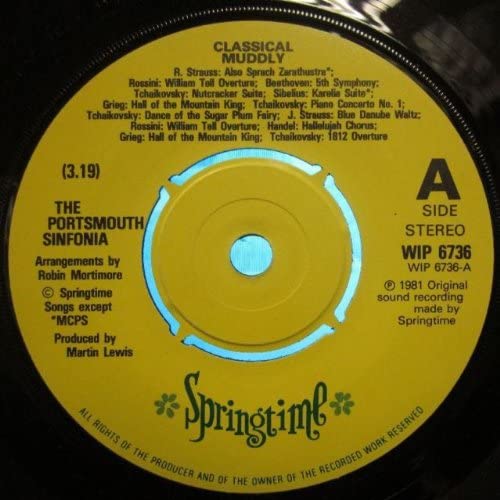 When they later released a single – extracts of their recordings sped up into a medley with a Hooked on Classics-style disco beat added – it went into the UK top 40.
When they later released a single – extracts of their recordings sped up into a medley with a Hooked on Classics-style disco beat added – it went into the UK top 40.
It was entitled Classical Muddly.
Among the better known players on this debut are Eno (on clarinet), Gavin Bryars (cello) and multi-instrumentalist Steve Beresford (later a member of Flying Lizards who took an anarchic approach to pop songs).
The conductor was John Farley.
But what is here is the sheer joy of people ploughing into making-music for its own sake, and damn the torpedoes.
You'll thrill to the wonky Zarathustra, be alarmed by the dull cymbal crash which bashes you during their somewhat maudlin version of Grieg's Morning from Peer Gynt, you'll cower in fear at the players' unique and utterly undramatic take on Beethoven's Fifth and Rossini's William Tell . . .
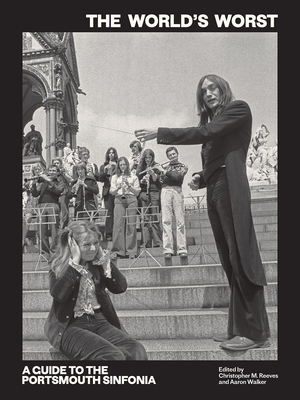 As Dave Dee, Dozy, Beaky Mick and Tich's 1966 album title said, If Music Be the Food of Love . . . Then Prepare for Indigestion.
As Dave Dee, Dozy, Beaky Mick and Tich's 1966 album title said, If Music Be the Food of Love . . . Then Prepare for Indigestion.
Although it was -- and is -- easy to sneer, most critics at the time got it and were generous towards this amateur hour release.
But this isn't an album which is “so bad it's good”.
It's just pretty bad . . . but a lot of fun for all concerned, and that includes the generous listener.
And – at just $6 from a secondhand shop in my case – it can prove itself functional also.
If you have friends who are classical snobs this is the album to have on the turntable when they arrive for the dinner party.
They might laugh at the selection of music the Sinfonia chose to play when they see the cover, but it will all turn to tears instantly. Especially if you start with Also Sprach Zarathustra on the second side.
They won't stay for dinner.
.
Elsewhere occasionally revisits albums -- classics sometimes, but more often oddities or overlooked albums by major artists -- and you can find a number of them starting here
.
This album is not on Spotify but you can endure Also Sprach Zarathustra on You Tube, or the album in its entirety. Start with Zarathustra and see if you want to go further.
And here you go . . .

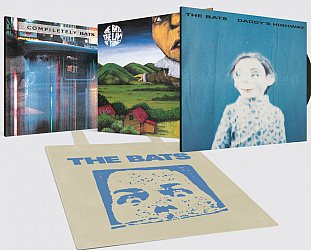
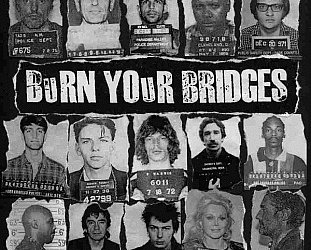
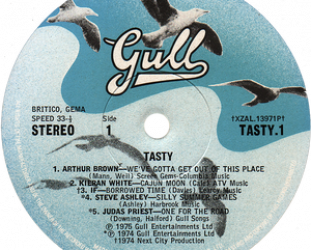
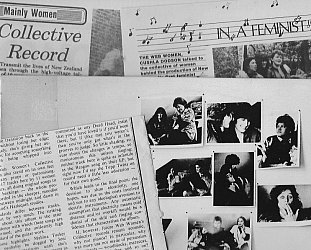

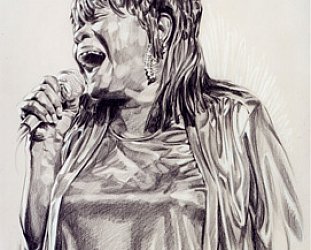
Derek - Jun 24, 2024
Jeez that takes me back. We used to love that when I was at boarding school. The three essential albums were the Portsmouth Sinfonia, Layla and Leonard Cohen's Songs From A Room. Which is a kinda strange mix now I think of it...
Savepost a comment